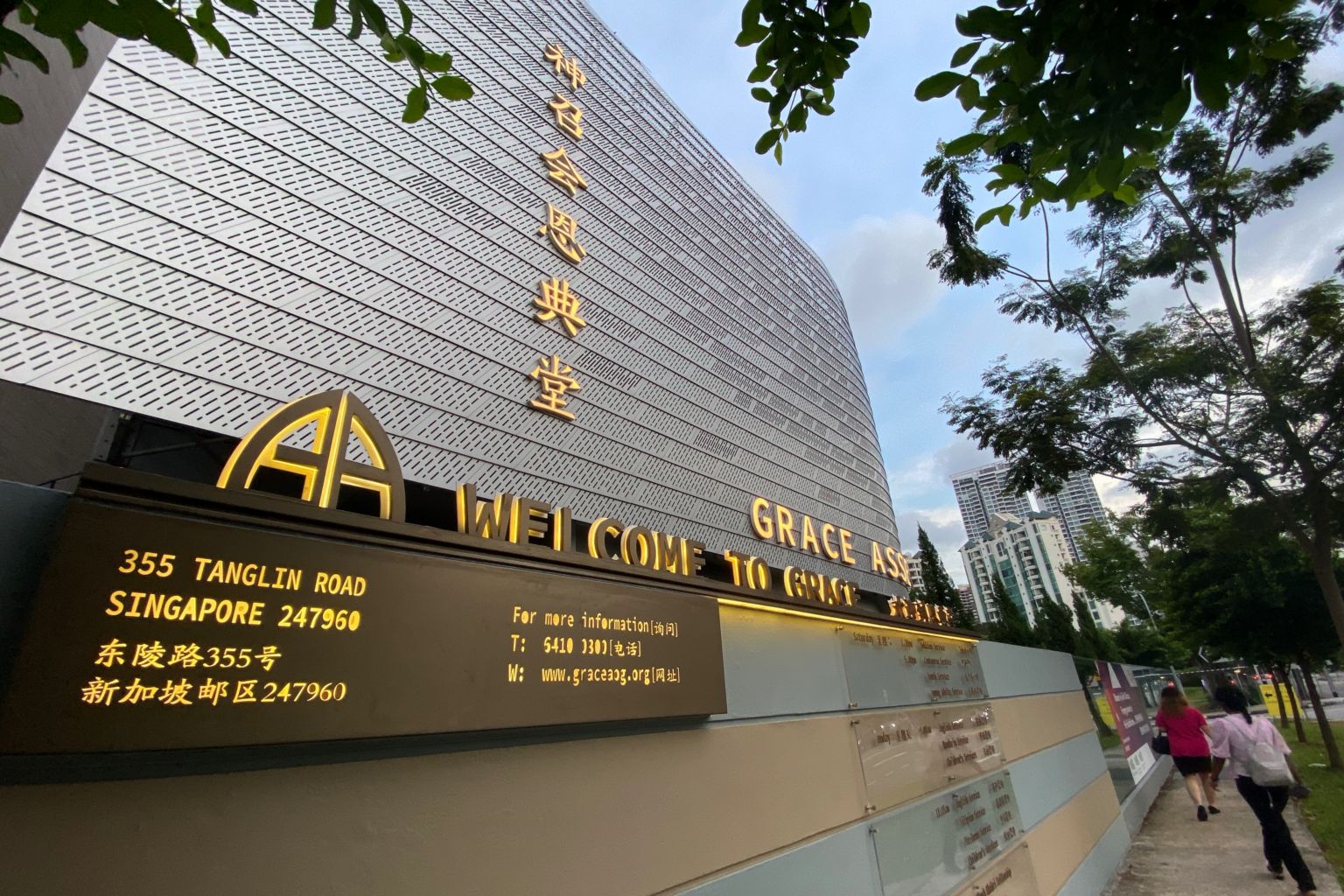Coronavirus: Church worker's emotional roller coaster to recovery
Sign up now: Get ST's newsletters delivered to your inbox

Case 48, the 34-year-old church worker from the Grace Assembly of God church in Tanglin, was the first from that coronavirus cluster to be discharged.
ST PHOTO: GAVIN FOO
Lee Siew Hua , Lee Siew Hua
Follow topic:
The coronavirus patient known as Case 48 was sent on a week-long emotional roller-coaster ride when he was isolated in hospital on Feb 10 for being infected.
Nasal swabs were taken 24 hours apart, and the tests would come back with different results: positive, equivocal and negative.
The uncertainty ended on Monday, when the 34-year-old church worker from the Grace Assembly of God church was the first from that cluster to be discharged. Cases 48 and 49 were the first two cases from the church, Singapore's biggest cluster with 22 confirmed cases.
"I have always had a clean bill of health," he told The Straits Times in an e-mail interview. When he did not feel well earlier this month, he saw general practitioners at three clinics on Feb 2, 4, 7, 9 and 10.
On Feb 10, he was referred to the National Centre for Infectious Diseases (NCID) for tests. That day, the Ministry of Health called him and, in under an hour, he was taken in an ambulance from his Bukit Batok home to be isolated in the NCID.
The patient, who also published a first-hand account in Salt&Light, a Christian online publication, said his isolation room was fairly large, with two glass doors and a hatch in the wall for food trays and medication. A tracker was attached on him to monitor his movements, while medical professionals communicated via a phone next to his bed.
"I felt like a prisoner," he recalled.
The next day, tests for the virus were done. The first nasal swab test was negative. In the following days, the tests would come back with different results. "Nasal swabs are done 24 hours apart. It felt like a roller-coaster ride. When the results came back positive or equivocal, I was very discouraged, like I was led on to feel hopeful and then like a spanner in the works, it all went south."
Initially, he experienced some guilt. "There was also a sense of guilt because of the possible risks that my family would be exposed to, both from catching the virus from me and the possibility of being stigmatised by being linked to a confirmed case.
"While in isolation, I missed my family, friends and, of course, my freedom. But I understood that it was a necessity, and it was only temporary."
Even while isolated, he was never fully alone. His mobile phone was constantly buzzing, with family, friends and the church community rallying behind him. An immense boost was a text message with words of faith from his wife. He said he remained optimistic because of his faith in God.
"I am also confident of Singapore's robust healthcare system and that the doctors would do what was right and necessary," he said.
He had up-close encounters with empathetic doctors and nurses who worked round the clock, their leave frozen. "Let them not be forgotten, under-appreciated or treated like the plague," he said.
On Monday, his doctor walked into his room, without protective gear, to congratulate and inform him that he was free from the virus. "I was simply overjoyed and grateful that I had recovered."
The "Covid-19 survivor", as he described himself, took a taxi home. "I hugged my family, the first thing (I did when) I got home," he said.
He is already back at work. "Now that I am discharged and quarantine-free, work continues, and I will still have regular discussions with my colleagues as we prepare to resume church operations."
Church services and activities were suspended for two weeks as a precaution, with the premises closed until Tuesday. "While it may be heartrending to see the increasing number of confirmed cases linked to our church, our church remains steadfast and confident that this dark cloud will pass," he said.

